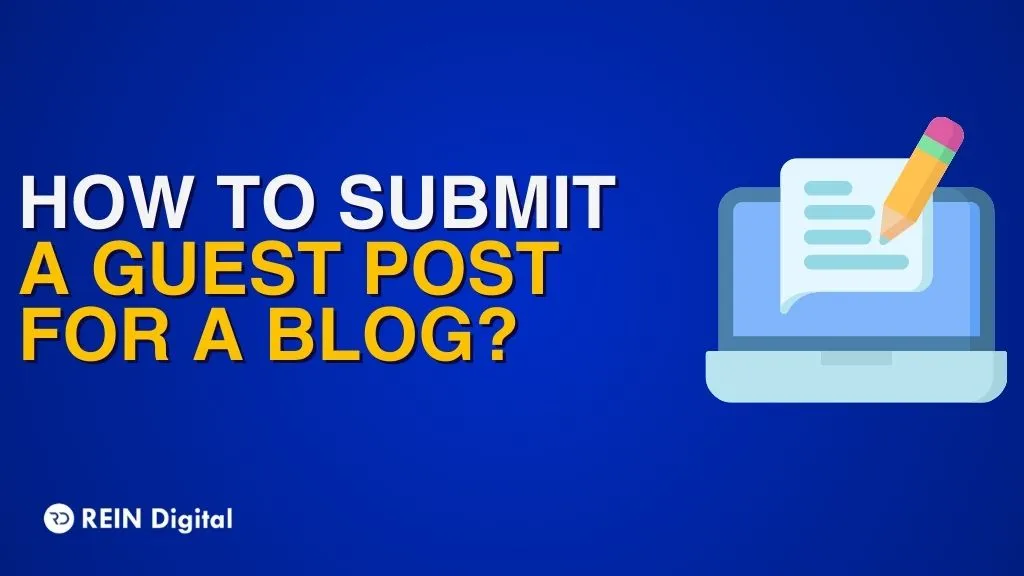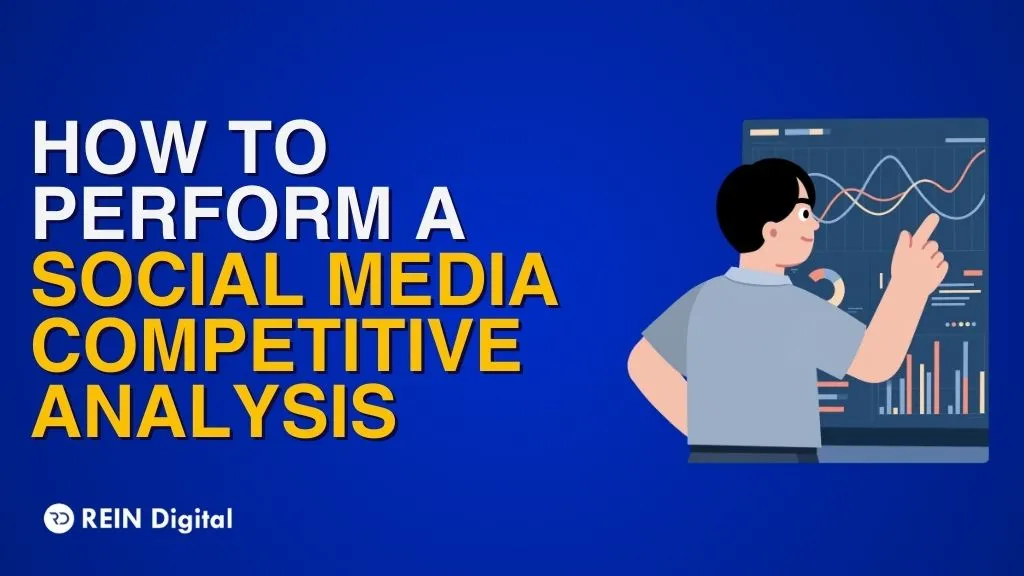
Google knows us better than our best friend. You search for one pair of shoes and then—every ad, every reel, every newsletter suddenly gets you. But have you ever wondered how the search engine pulls that off? It’s not just magic—it’s by AI.
In 2025, the search game isn’t just about keywords anymore. We’ve entered an era where algorithms are learning, adapting, and thinking like humans. AI SEO isn’t just fetching results—they’re understanding intent, context, and even the subtle subtext in your queries.
This raises a massive question for marketers, businesses, and content creators: How do we rank in a world where AI is the new SEO overlord? Is SEO on autopilot now? Are traditional tactics heading to the digital graveyard?
We’ll unpack all of that. In this blog, we’ll decode how AI is reshaping the future of search engine optimization, what it means for your SEO strategy in 2025, and how to stay ahead of the curve.
The Evolution of Search: From Keywords to AI Understanding
Remember when SEO was all about stuffing keywords like “best running shoes 2020” into every header, meta tag, and image alt text? Yeah—those were simpler (and slightly spammy) times.
Fast forward to 2025, and search engines have gone from keyword-hungry bots to sophisticated, AI-powered interpreters of human intent. It’s not just what you type—it’s why you’re typing it, how you're saying it, and what you’re likely to click next.
Thanks to Natural Language Processing (NLP) and machine learning, Google and its AI buddies can now understand context, tone, and even emotions behind search queries. We’re not talking about just showing you content that has the words “cheap hotels in Goa,” but content that actually answers your question, like “Where can I find budget stays with good reviews near Baga Beach?”
This shift marks a clear departure from traditional SEO, where the focus was on optimizing for algorithms. Now? We’re optimizing with algorithms. The AI SEO doesn’t just index your content—it evaluates the experience you're offering. Is your blog engaging? Helpful? Do readers stick around or bounce off like it’s a trampoline?
In a nutshell:
- Old SEO: Keywords, backlinks, and meta tags
- AI SEO in 2025: User intent, behavior signals, content quality, and relevance
So if your blog reads like it was written for bots, it's time to rewire your content strategy. The bots are now more human than ever—and they know the difference.
How AI SEO Tools That Are Changing the SEO?
If traditional SEO tools were like using a compass to navigate, AI SEO tools in 2025 are like having Google Maps with live traffic, satellite view, and a very opinionated co-pilot who actually knows what they’re doing.
Here’s a look at what’s shaking up the toolbox:
Search on Autopilot: Is Manual SEO Dead?
Okay, now let’s address the elephant in the server room — is SEO becoming fully automated?
Short answer? Kind of.
Long answer? Not exactly.
Autopilot doesn’t mean auto-success. You still need strategy, creativity, and a clear understanding of your brand’s voice. Think of it like flying a plane — the autopilot helps, but would you fly without a pilot in the cockpit?
How SEO Autopilot Works in 2025?
- AI crawlers identify content gaps based on live SERP shifts.
- Dynamic optimization tools update blog metadata or H1s in real-time.
- Auto-generated internal links adapt based on page authority.
- Real-time performance monitors suggest changes the moment rankings drop.
- Chatbots + AI plugins help fine-tune CTAs based on user interaction.
Use autopilot to handle the grunt work. Keep your brain for the big-picture stuff.
Voice Search and AI-Powered Search Engines
“Hey Google, where’s this whole SEO thing going?”
If you’ve ever asked your phone something like that (no judgment), congrats — you’ve already stepped into the world of voice search and AI-powered search engines.
With the rise of voice assistants like Siri, Alexa, and Google Assistant, search isn’t just typed anymore — it’s spoken, conversational, and full of real-life. And AI-driven engines? They’re no longer just matching keywords — they’re understanding context, mood, intent, and semantics.
What’s Changing?
- Search is going long-tail. People don’t say “best running shoes.” They say, “What are the best running shoes for flat feet under ₹5000?”
- SERPs are going smart. Google’s Search Generative Experience (SGE) delivers answers without clicking — blending AI snippets with traditional links.
- Ranking signals are evolving. Engines now consider user behavior, bounce rate, time-on-page, and even how a user feels about your content.
What You Can Do?:
- Embrace natural language. Think: how your audience speaks, not just how they search.
- Use conversational keywords. “How do I fix a leaky tap?” > “leaky tap fix”
- Add FAQs with real questions you’ve heard from your audience.
- Structure your content clearly. Headers, bullet points, and short paragraphs are voice search–friendly.
Personalized, Predictive, and Lightning-Fast
Google’s not just trying to guess what you’re looking for anymore. It wants to know before you do. Creepy? A little. Convenient? Absolutely.
Welcome to the era of predictive and personalized search, where AI doesn’t just wait for your query—it anticipates it.
What’s Happening Behind the Scenes?
- AI tracks user behavior patterns: Think past searches, location, browsing history, even device type.
- Search results vary per user: No more “one-size-fits-all” rankings. What you see isn’t what your friend sees.
- Google Discover & Search Suggestions: These aren’t random. They’re algorithmically sculpted for you, based on what AI thinks you’ll care about next.
Why Does This Matter for SEO?
Because your content has to do more than rank—it has to resonate.
What You Can Do:
- Segment your content. Tailor different pieces for different user personas.
- Use dynamic keywords that reflect user behavior, trends, and locations.
- Invest in schema markup to give AI more context about your content.
- Test and tweak often. Predictive search evolves quickly, so static content won’t cut it.
Conclusion
SEO in 2025 is no longer about “gaming” Google. Search engines are now AI-powered assistants, not just indexing machines. They’re trained to understand human intent, context, tone, and even emotion.
So what does this mean for you?
- Ranking is less about keywords, more about conversations
- Optimization isn’t a checklist—it’s a strategy rooted in value delivery
- Tools don’t just help—they think with you
Here’s the golden rule moving forward: If your content doesn’t serve the user, no AI will save you.
Because AI isn’t the enemy of SEO—it’s its next evolution. So instead of asking “Will SEO even matter in 10 years?”, ask: How can I evolve with it today?
SCHEDULE A CALLLet's do great things together!
We just need a couple of hours.
No more than 24 hours after receiving your ticket!














